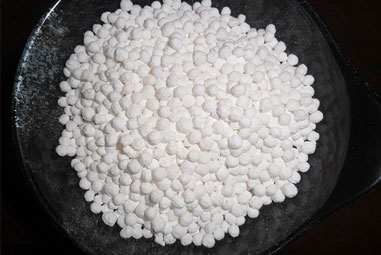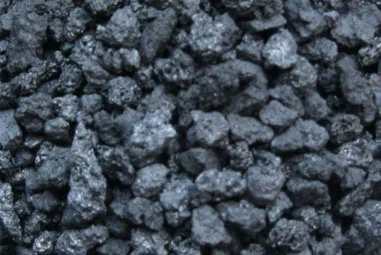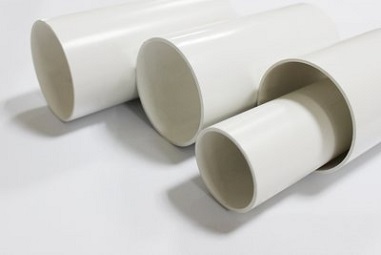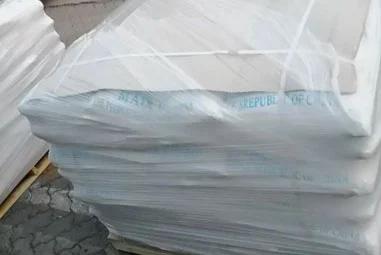
Often known by the brand name rock salt, calcium chloride is a popular ingredient in the winter for de-icing sidewalks and driveways. It is also used in some concrete mixes to prevent water from leaking through concrete. In the food industry, it is used as a firming agent in cheese and as an additive to some soft drinks. It is also one of the electrolytes in sports drinks, helping athletes maintain fluids through exercise and to support muscle function.
It has many industrial uses, including as an additive to plastics and as a drying agent. It is also commonly added to swimming pools because low calcium hardness values can be corrosive to pool pumps and equipment. It is also a common ingredient in self-heating food products and in heating pads for the home.
Calcium chloride is a white, crystalline solid that has a high melting point and is highly soluble in water. It has the unique property of absorbing moisture from the air, making it a powerful desiccant. It is available in dry bulk form and as an aqueous solution, both with or without diluents. The anhydrous form is widely used as a food additive because it increases the firmness of foods and serves as a flavor enhancer.
It is also useful in food processing, including the production of cheese and tofu. It is considered to be safe for human consumption, and it has been approved by the FDA as a sequestrant and "firming agent" with the E509 number. It is a common ingredient in some popular soft drink brands, such as Powerade and Gatorade.
Another important use for calcium chloride is as a pre-treatment for dirt roads and concrete to prevent dust. It is able to bind with the dirt roads, creating a tighter layer and reducing the amount of dust that can be stirred up during road construction. It is also used in the construction of dams and other large structures to prevent soil erosion.
Health and safety concerns with calcium chloride include burns to the skin, eyes and throat if it comes into direct contact, as well as gastrointestinal irritation and ulceration. Ingesting large amounts of the substance can lead to extreme thirst, stomach pain and low blood pressure. It is also a respiratory irritant, and exposure can cause lung damage.
Because of these concerns, it is important to follow proper handling and storage guidelines for calcium chloride. It is best stored in bins fabricated from construction-grade steel materials to minimize moisture. It is also recommended to limit venting to times when the material is being emptied and filled. If the chemical is handled or disposed of improperly, it can create a harmful fume. It is also hygroscopic, so it must be kept in sealed containers at all times to avoid moisture build-up and spoilage. The chemical is also a fire hazard and can produce toxic fumes upon ignition. It is also extremely irritating to the eyes and can cause permanent corneal injury.


